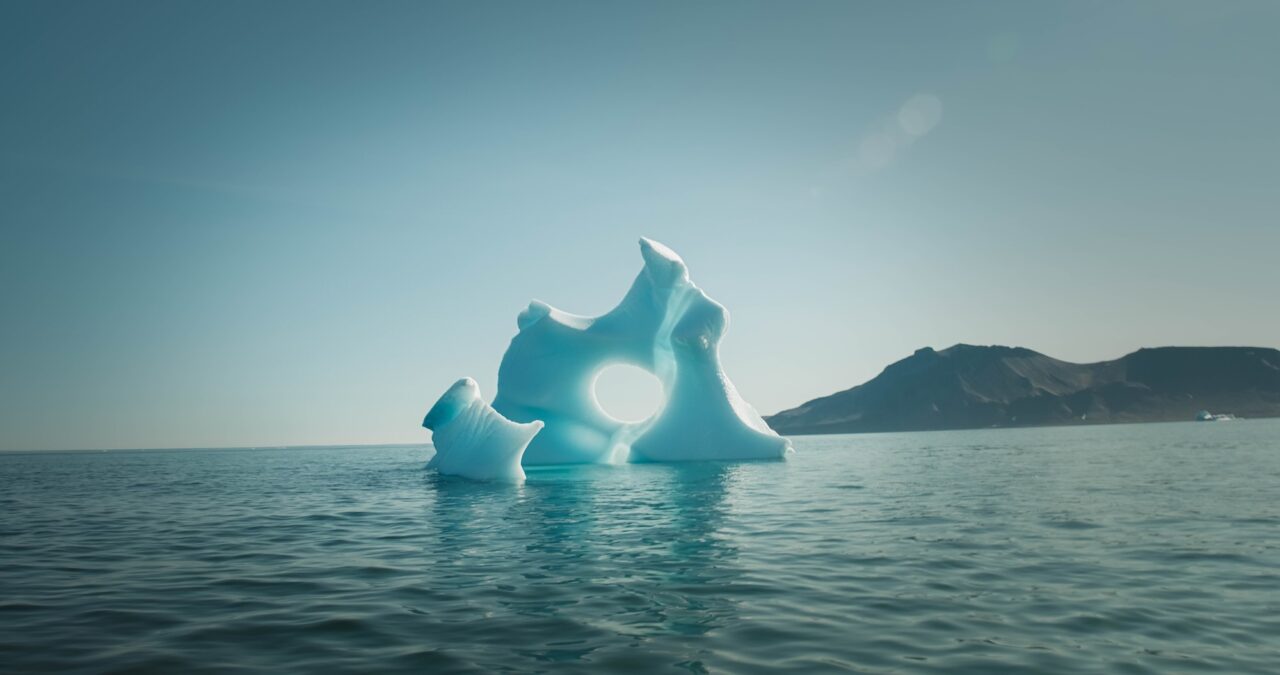
Our planet relies on the oceans as climate regulators. At the same time, the effects of our emissions are most evident in the oceans. Today, eutrophication, climate change, ocean acidification, and invasive species are some of the challenges the oceans face.
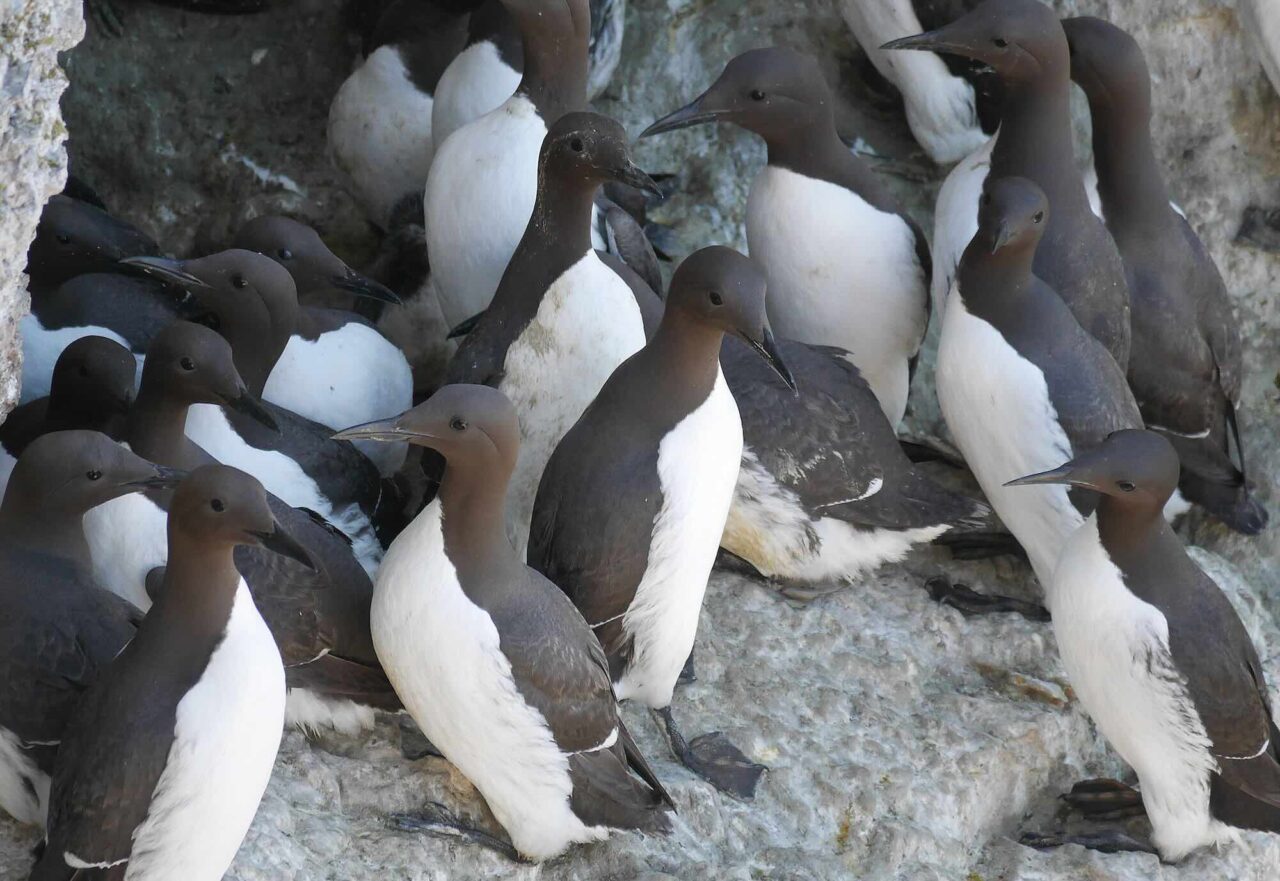
Leaner cods, guillemot, and seals. Sluggish and red-spotted salmon. Several of the Baltic Sea's large animals are being pressured by ill health and new environmental toxins, according to a new report. But for several species it is going quite well – and for one the development is a pure success story.
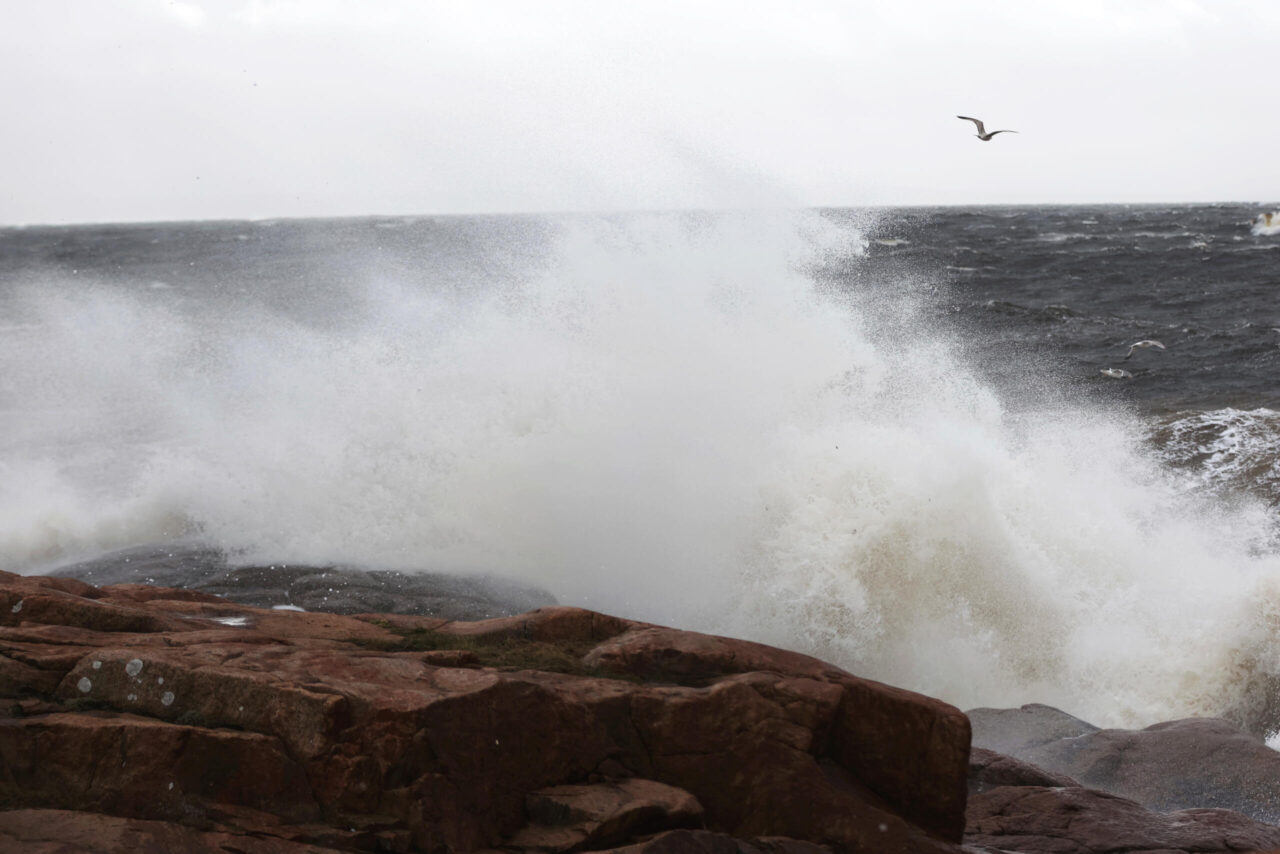
"For us who live on land, the consequences are that this is an environmental problem that we will have to live with for a very long time," says researcher Jana Johansson
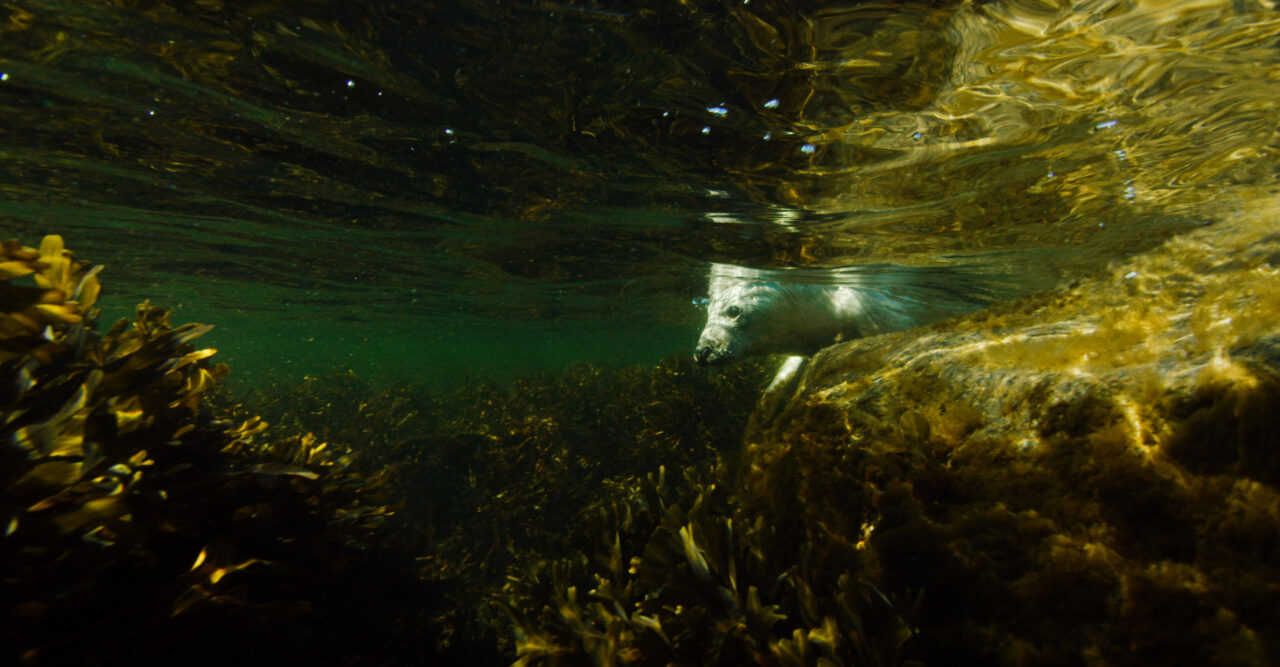
Researchers from the Swedish Museum of Natural History have recently discovered that many seals in the Baltic Sea suffer from intestinal ulcers
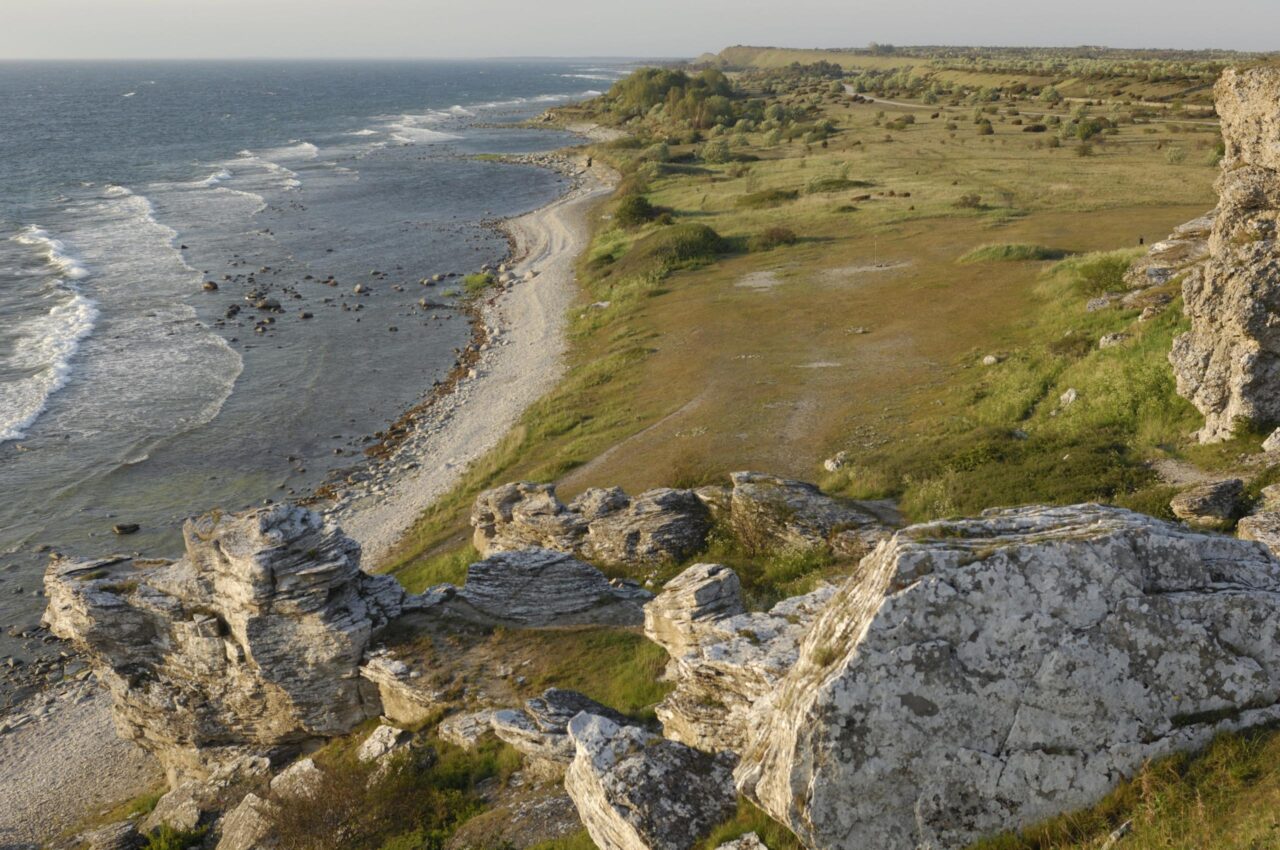
That history sometimes meets the present becomes clear in the case of chemical warfare agents from the Second World War. And not least, it also shows that the sea has for a very long time in human history been allowed to act as a garbage can
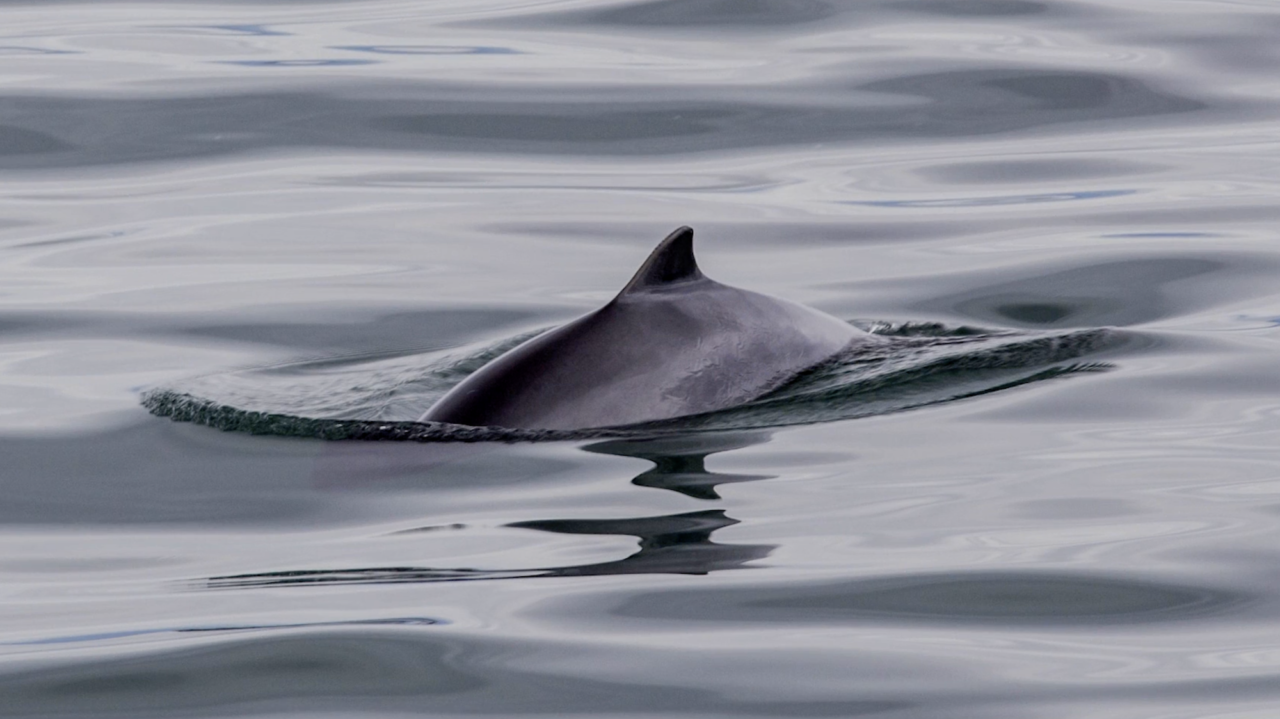
For thousands of years there have been porpoises in the Baltic Sea - a shy dolphin-like whale. But due to environmental toxins and fishing, their numbers have declined sharply since the mid-20th century. The harbour porpoise population in the Baltic Sea is currently classified as critically endangered. The question is, is it too late to save the porpoise?